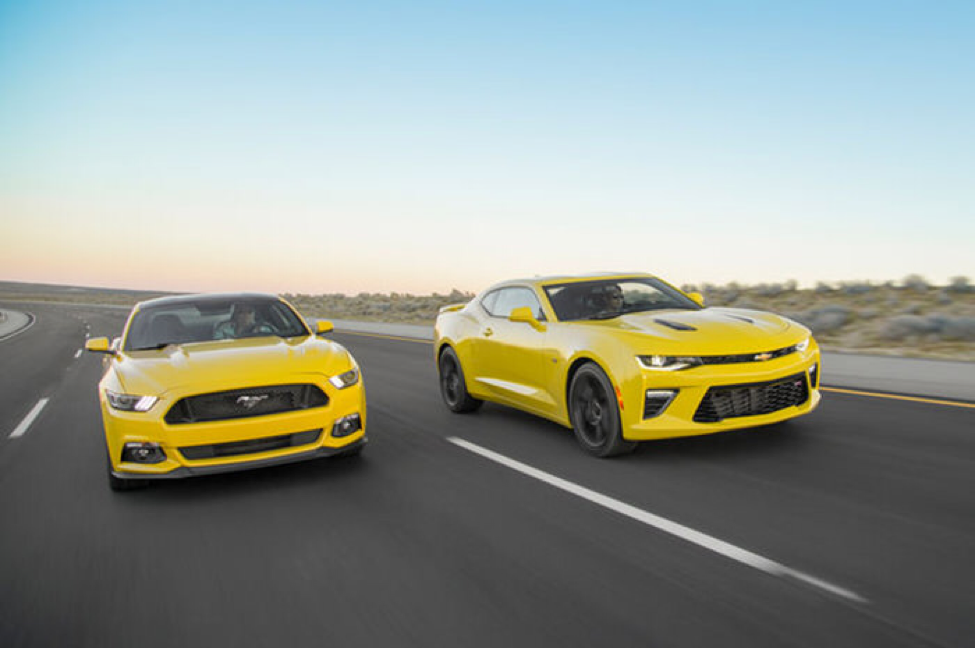When you buy a car that can cover the quarter mile in twelve seconds versus seventeen seconds, you get an idea of how it’ll feel in various situations. You know that those freeway on-ramps are going to be way easier in the faster car, or you can imagine the difference in thrust when you push the gas pedal.
Likewise from a phone perspective, if you’re biding time in the mall playing a game while your wife tries on dresses,you know that when she comes out of that dressing room and asks you to take a picture of her in that $500 dress, you’ve got the power to quickly check your bank account balance before she can get to the register. Don’t ask me why I thought of this particular scenario.
What makes these kind of torture speed tests more relevant is that Samsung’s Galaxy phones can regularly beat Apple’s iPhones in synthetic benchmarks. I would argue that these torture speed tests actually are the “real world” tests that matter and not the synthetic benchmarks. It’s because they are more representative of the speed hierarchy than Geekbench or AnTuTu. Who cares if Samsung phones are the king of synthetic benchmarks when they can’t keep up with other phones in real life usage? It would be like buying the car with more horsepower only to find that it’s slower in real life due to excess weight.
Another aspect that these speed-test detractors fail to grasp is the whole issue of engineering bragging rights. Is there any reason for Tesla to offer a car that can do 0-60 in 2.5 seconds to the general public? Acceleration like that is useless or downright dangerous while in typical city traffic. But yet, Tesla is trying to make the statement and offer proof that they have the best people in the world designing their cars. They want you to make the connection that since they have the brightest minds in automotive that they therefore have the best cars.
Similarly, these speed tests show that Apple has one of the best chip-design outfits in the world. They are beating the latest phones from Samsung with two fewer cores AND prioritizing battery life over speed. If that doesn’t advertise the superiority of owning your own chip design and operating system, I don’t know what does. So it does matter that last year’s iPhone can run circles around the newest Samsung Galaxy Note 7.
And at a more juvenile level, does it matter if your Camaro is faster than your co-workers Mustang? Why yes, yes it does.



 RSS Feed
RSS Feed